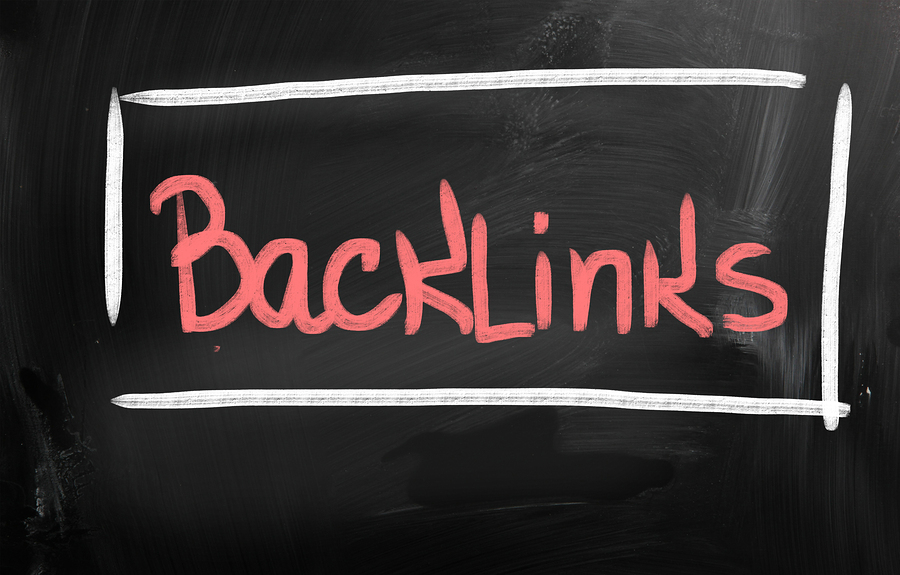
June 17, 2014
How to Earn Inbound Links
Is there still a place for link building? The debate isn’t necessarily whether link building is alive or dead, but what links mean from a marketing standpoint. As with all aspects of SEO, link building has evolved. And as our efforts are refocused based on algorithm updates and industry evolution, we shift our gaze to link earning rather than link building.
What does this mean? Link building is still an important part of SEO, but in order to make the most of your inbound links, the focus, as always should be on quality rather than quantity. Building a brand with a link earning approach is a more traditional method that, when done correctly, will naturally produce inbound links.
Link building has evolved, and diversifying your link building efforts and tactics is absolutely necessary.
You can earn those links by:
- Interviewing industry experts and making yourself available to be interviewed, thus positioning yourself as an expert authority. HARO is an incredible resource: Sign up for newsletters for your industry, and respond to pitches. This gets your name out there, and can even act as a plug for your business. If you want to go a step further, sign up as a reporter to pitch queries yourself, and you’ll soon find yourself with industry resources available to you.
- Doing in-person networking at local events and building relationships that may lead to links. Networking isn’t just for sales staff and job seekers. Meeting others in your industry can bring about partnerships and collaborations. Go to events with an open mind, plenty of ideas, and a helpful spirit, and you may be surprised by the connections that you make. Others are likely willing to help you, if you’re open to it.
- Joining business and industry organizations, like the Chamber of Commerce, and ensuring that you’re listed in the online member directories. There are many reasons to join your local Chamber of Commerce, including making new connections, receiving publicity for your business, and increasing your credibility. This is possibly the simplest way to make yourself visible in the community, but the more you extend yourself and become involved, the better off your business will be.
- Updating outdated content and fixing bad backlinks. Where you want to earn links is always going to be a part of your strategy. Moz used competitive analysis to determine ways in which to build links on .gov and .edu sites. If you have information that is relevant and well written, you can help these reputable sites by letting them utilize your information. And if you have a history of bad backlinks, you can use these new, good links to fix your reputation.
- Creating compelling, relevant content. Links in the right context are still a valuable resource. Your inbound links should connect users to content of quality – YOUR content. By spending significant time and energy on your content, you’ll have content worthy of inbound links from other websites. When you’re truly writing content that’s geared towards your audience, rather than regurgitating bland facts, you’re much more likely to have luck earning links.
Although link building has evolved, it still plays an important role in your overall search marketing strategy. With recent algorithm changes at Google, you’ll just have to work a little harder to ensure that your inbound links are contextually relevant, add to a positive user experience, and highlight the high-quality content that you’re providing to your users.



